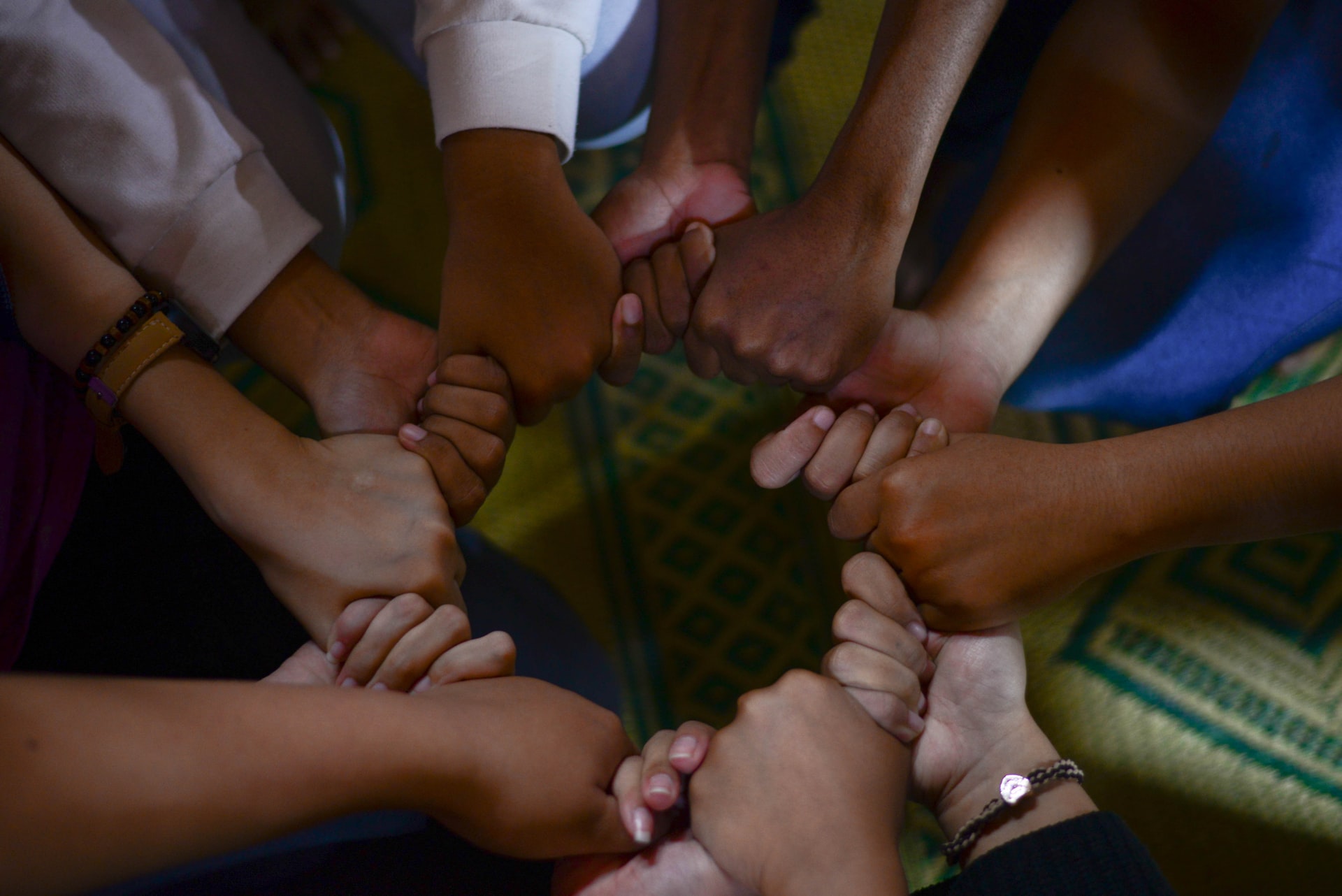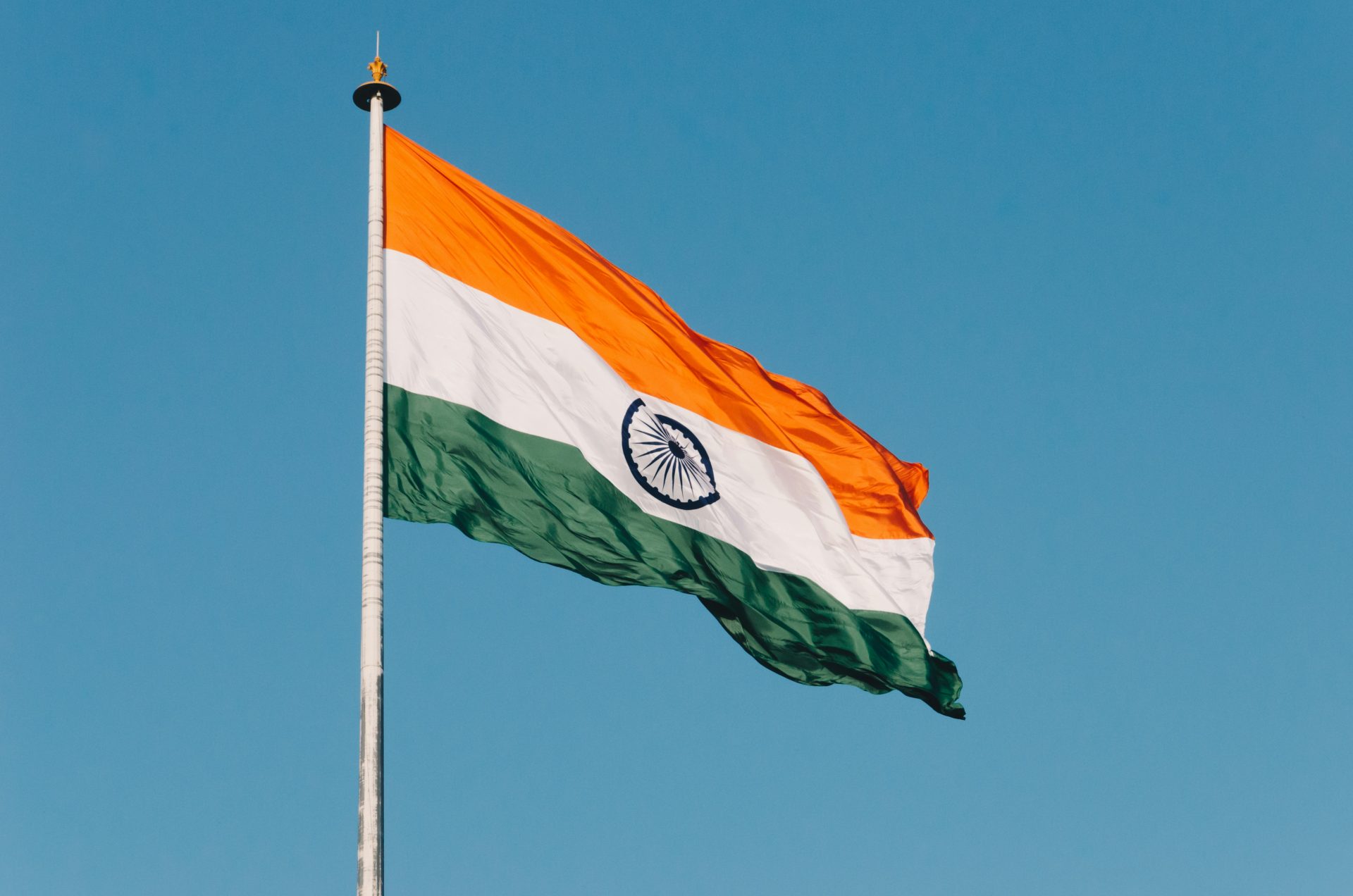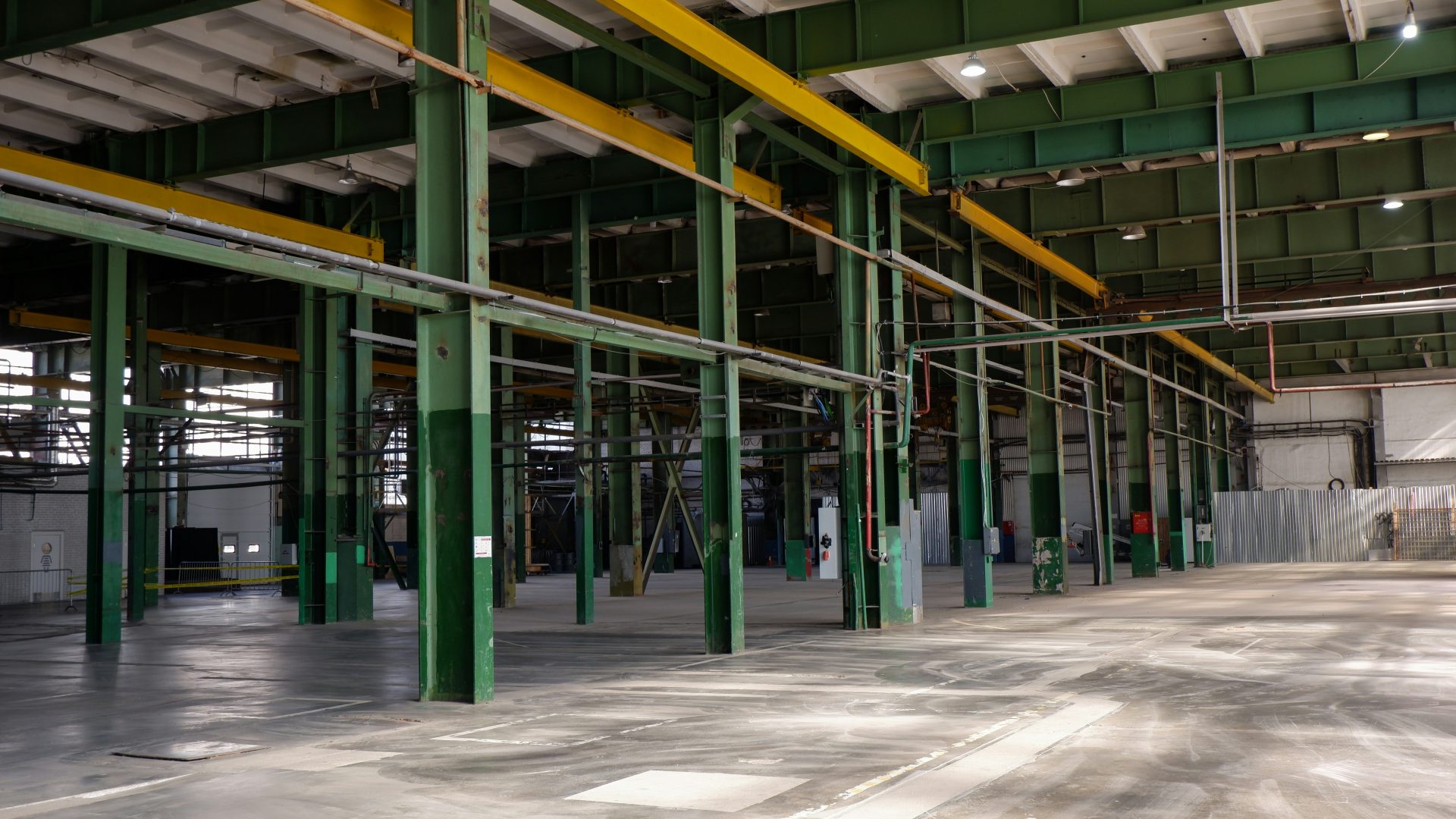COVID-19: The Time to Act Is Now
COVID-19 has made us realize that a global crisis requires global cooperation. “The pandemic also exacerbated many longstanding inequalities, and exposed global fragilities more generally. COVID-19 is not only a wake-up call, it is a dress rehearsal for the world of challenges to come,” said António Guterres, Secretary-General of the United Nations, while opening the Horasis Extraordinary Meeting on 1st October. It is futile to consider the world as divided into separate nations inhabited by different traditions and cultures. Now, more than ever, there is an urgent need for everyone to unite and work as one.
The pandemic has thrust open fault lines which we overlooked or ignored earlier. We will need to make some drastic changes in the way we work, live, and interact. A crisis of this magnitude will need critical thinking, discussion, cooperation, and collaboration among different stakeholders. Discussions that are open and transparent; cooperation that is multilateral in nature; and collaboration that is result-oriented.
Horasis did just that in its recently concluded Extraordinary Meeting. The one-day virtual event brought together heads of state, business leaders, the media fraternity, academia, civil society, and key influencers with one objective in mind and spirit – to unite, inspire, and create positive and sustainable changes to last well beyond the pandemic.
Highlights
The event was graced by 900 speakers who participated in 150 virtual sessions. The Horasis Extraordinary Meeting was kicked off by an opening speech from António Guterres, Secretary-General of the United Nations, who stressed the need for increased gender equality and diversity while economies rebuild from the impacts of COVID-19. He went on to say that “the virus is the greatest global test since the founding of the United Nations. It has devastated lives, economies and communities everywhere and undermined our efforts to achieve the Sustainable Development Goals”. This is an unprecedented crisis that needs global cooperation and collaboration to be resolved quickly.
One vital step all nations can take to address immediate concerns is to collaborate. Fabrizio Hochschild, Under-Secretary General, Special Adviser on Preparations for 75th United Nations Anniversary, UN, USA opened the panel ‘Celebrating UN 75 – Multilateralism in Times of COVID’, listing out pressing concerns that nations are facing today. Armen Sarkissian, President of Armenia acknowledged the need for such global dialogues to happen more often so that the benefits of multilateralism can be shared by all – at a time when it is needed the most. He went on state the benefits of forming a “club of small nations” to support the causes of developing economies such as Armenia and Kazakhstan amidst global discussions. Supporting this thought, Mukhtar Tileuberdi, Minister of Foreign Affairs, Kazakhstan mentioned how his country has hosted several peace initiatives across Central Asia, and world over to drive important changes.
On the business front, Sanda Ojiambo, Executive Director, United Nations Global Compact, USA stressed the need for businesses to practice and commit to transparent sustainability policies to help create an inclusive world.
In a separate panel, Michelle Bachelet, United Nations High Commissioner for Human Rights, Switzerland highlighted how some sections of the society remain the most vulnerable during the pandemic. She further stressed the need for a strong social protection system for such individuals—especially children and women—to generate support for inequality around the world. Voicing the rigid legacy of inequality, Hage G. Geingob, President of Namibia, shared the concerns his country is facing in removing the legacy of apartheid.
Although the pandemic presented time for nature to recover, there are valid fears of it being lost as soon as business-as-usual commences. According to Petteri Taalas, Secretary-General, World Meteorological Organization, Switzerland, such doubts can only be countered by implementing actionable solutions – more of doing than talking.
There’s a green revolution overtaking countries. Diego Mesa, Minister of Mines and Energy, Colombia, has vowed to continue to increase its use of clean and green energy in providing electricity to some of the most-remotest parts of the country. And Gabriel Quijandria, Vice Minister of Strategic Development of Natural Resources, Peru also noted a growing shift towards sustainable energy, electric vehicles, and reducing deforestation from the supply-chain ecosystem.
Outlook Going Forward
A crisis of this size, will take years to be reversed. The situation is even more dire in emerging markets. It is being said that the way things are now, almost a generation’s worth of progress in areas like reducing absolute poverty are going to be reversed due to COVID-19. Exacerbating affairs is the widening lack of trust between governments, individuals, and businesses. This will need restoring and cannot be achieved single handedly. Through the meeting, there was a common thread that tied the 150 sessions – that of the need of global cooperation, collaboration, and multilateralism.
Many experts are of the belief that many more such crises can be expected going forward. So, working together to find solutions that are both sustainable and result-oriented is no longer an option. The need to unite, inspire, and create is of paramount importance and we must all come together to create a better world for the entire human race.
As suggested by Roshni Nadar Malhotra, Chairperson, HCL Corporation, India, global businesses are now ready to work with the public sector and international organizations to find solutions to improve our future. This future must include environment at the heart of all considerations, because if we are to sustain as a planet we need to care for the natural resources that we are endowed with. “We need to incorporate conservation as part of the toolkit for solving development problems,” commented Mr Quijandria.
COVID-19 has accelerated the need for all to come together and contribute to the future. With crisis comes opportunity, and we must leverage such opportunities to help build a better world for us and for future generations.
Photo Caption: Unite. Inspire. Create. Photo by Wylly Suhendra on Unsplash



